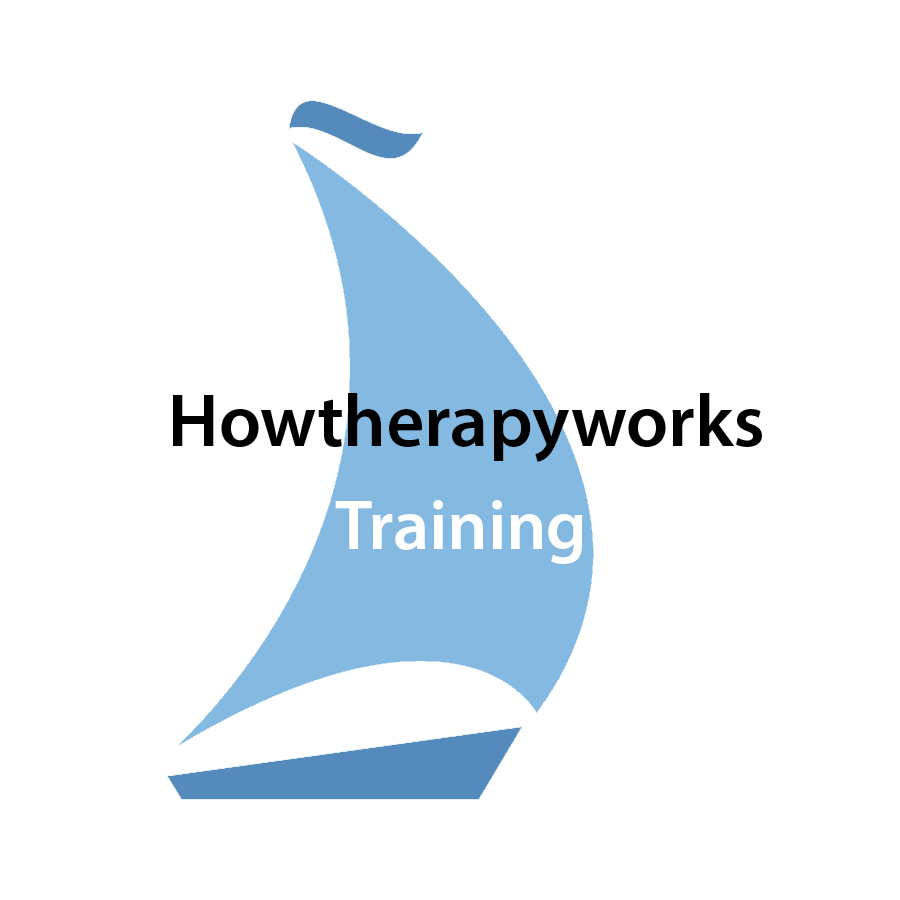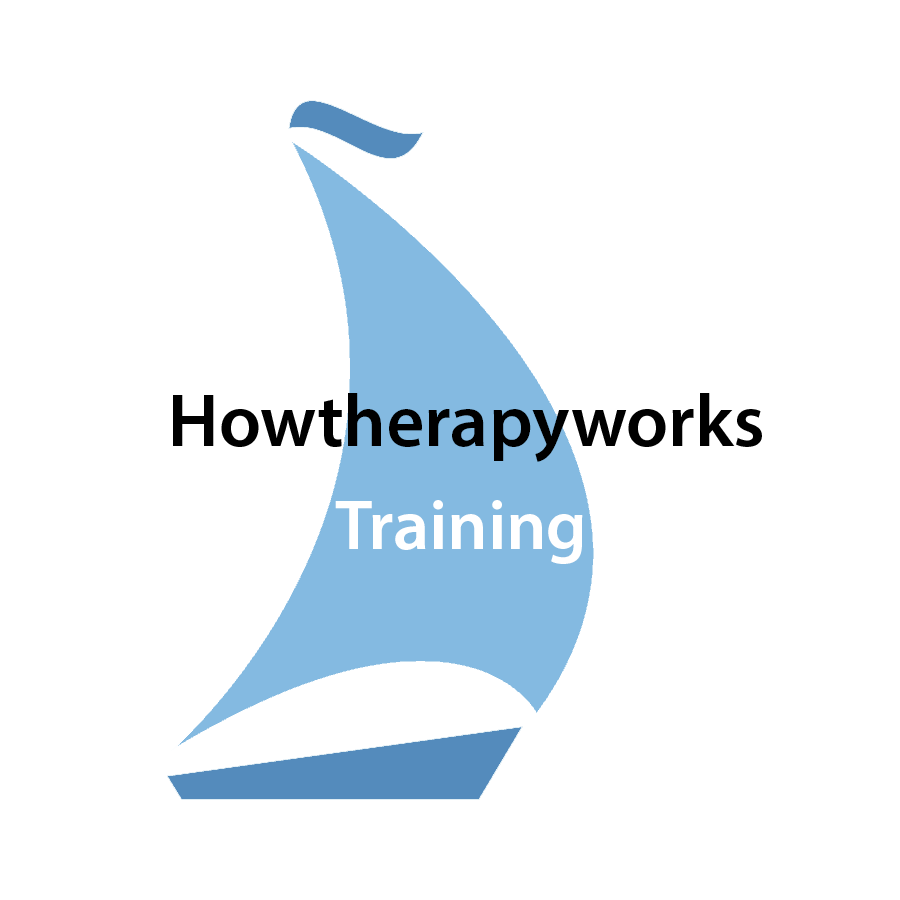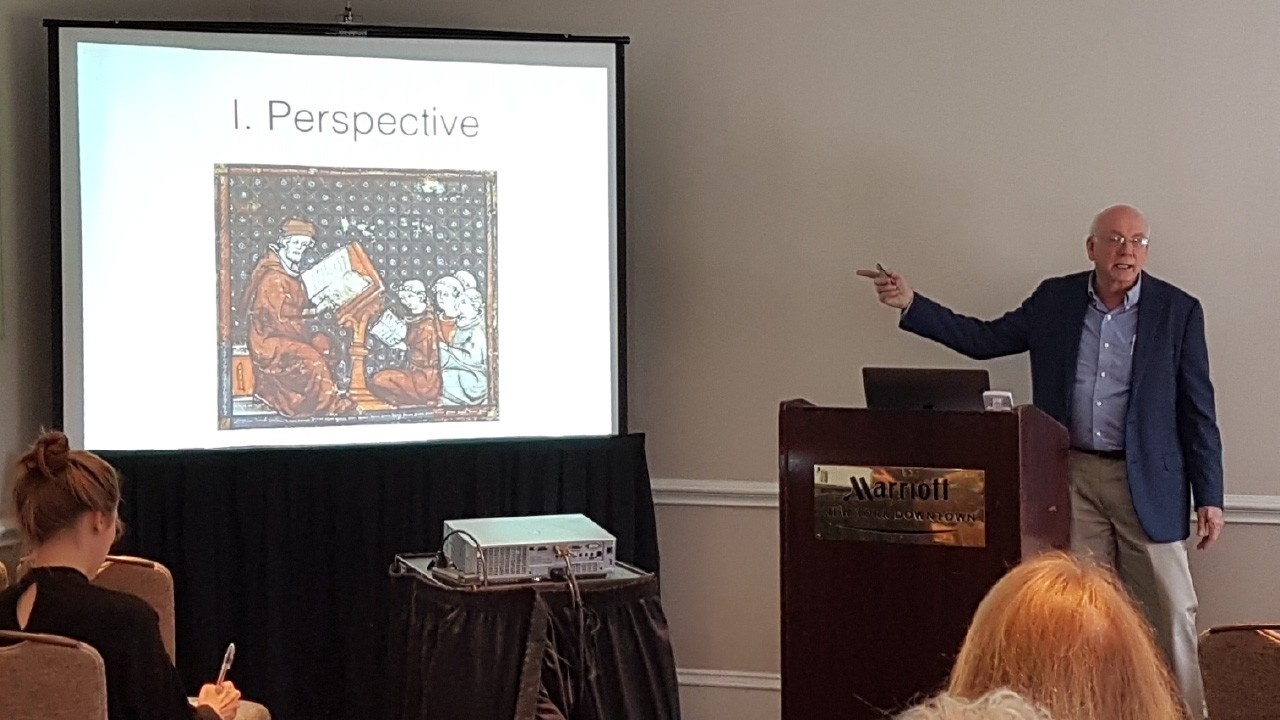
Navigate the Therapeutic Space with Confidence
My favorite supervisor said, "Mix it up with the patient." You can do that when you are confident in knowing what is going on and what to do next. This online program will help you get there. While it won't give you supervised experience, it will give you broad based idea-tools to guide your clinical focus, direction, and minute to minute decision making.
Jeffery Smith MD
Do you want to:
- Be skilled at recognizing and supporting fundamental change processes?
- Avoid limiting yourself to a single brand of therapy but make use of techniques learned from any orientation or therapy?
- Learn the common infrastructure of all therapies and match technique to specific processes?
- Experience weekly group sessions with Dr. Smith (Elite edition only) to bring theory to daily practice?
- Have access to a library of questions and answers from current and past learners.
- Complete brief written assignments to consolidate your knowledge and get credit towards certification.

A Self-Paced, Multimedia Online Course
Designed for busy therapists with diverse learning styles and backgrounds who want in-depth learning in an efficient package.
Each Lesson Includes:
- Book chapter: Plain language to explain the most useful "idea tools."
- Video Introduction with graphics and narrative by Dr. Smith
- Dr. Smith's Podcast: in interview format with Amelie Southwood, LMHC, an early career therapist herself.
- Access to Q & A videos answering questions from learners like you.
- Assignments: brief questions to help you go from concepts to practical examples. Your work will count towards certification.
- Exclusive Learner Exchange Forum hosted by Howtherapyworks.com and monitored by Dr. Smith.
- Elite Edition Only: Friday Zoom Group with Dr. Smith (10 per trimester, 75 min. each). Group discussion on clinical application of principles. Real time connection with Dr. Smith and fellow learners. Recorded for those unable to attend.
Learners are free to choose among materials, in what order, and at a pace that works for them. Interact with Dr. Smith directly (Elite Edition) or through assignments in English or French.
The course will follow Dr. Smith’s textbook, Psychotherapy: a Practical Guide (Buy separately).
Here's what leaders in the field say:
“It is remarkable how much Jeffery Smith packs into a small, readable volume. Covering a wide range of theoretical perspectives and clinical challenges, Smith lays out clearly and in detail how he works and offers a valuable integrative understanding of the essential elements in good clinical work. An important contribution to the field.”
Paul Wachtel, PhD, Author of Therapeutic Communication: What to say when
“A thoughtful, integrative guide to psychotherapy from a wise and seasoned psychiatrist. Jeffery Smith demonstrates charity to all therapies that work and malice only toward the rigid and ineffective. His emphasis on entrenched dysfunctional patterns and affect avoidance will prove useful to practitioners of all professions and persuasions.”
John C. Norcross, PhD, Distinguished Professor, University of Scranton & SUNY Upstate Medical University, co-editor of Handbook of Psychotherapy Integration.

Trimester 1
How Therapy Works
The Affect Avoidance Model: Theory built for practice
- Why humans have problems
- Entrenched Maladaptive Patterns (EMPs)
- Layered organization of EMPs
- Change mechanisms
- Role of emotion
- Therapeutic relationship
- Early development
- Adolescent development

Trimester 2
What All Therapists Do
Practical Session Management: What to follow and how
- Starting therapy
- Flow of sessions
- Exploration and emotion
- Transference and the inner child
- Adjustments
- Arousal regulation
- Family and systems
- Working with behavior
- Working with the body

Trimester 3
Treatable Problems and Practical Approaches
What psychotherapy treats and how.
- Voluntary behaviors
- Compulsive behaviors
- Problem emotions
- Shame & guilt
- Automatic thoughts
- Grief & depression
- Anxiety related problems
- Trauma & dissociation
- Somatic problems
What Current Learners Are Saying
"After more than 20 years in child welfare I am obtaining my clinical license. I am aware of the multitude of "evidence-based" therapies utilized in clinical practices but was confused as to which ones I should know and follow. Fortuitously I stumbled upon Dr. Smith's podcast, built around his book, which lays out a comprehensive framework on how to understand and deliver psychotherapy. What appealed to me right away was Dr. Smith's use of the latest neuroscience, his easy-to-understand explanations of psychological phenomena, as well as his abundant experience doing talk therapy. After communicating with Dr. Smith I signed up for his new seminar where students study his book Psychotherapy: a Practical Guide and meet weekly for discussion. This forum is the exact kind of thing I have been looking for to help prepare me as I transition to becoming a clinician, and my participation is giving me confidence that I am on my way to becoming a competent therapist."
-Daran
"Participating in the How Psychotherapy Works seminar with Dr. Smith and colleagues has been a fantastic experience that I look forward to continuing. Dr. Smith's book, Psychotherapy: A Practical Guide, is the best book on how to conduct "generic" psychotherapy that I have read. He wrote the book I have been waiting to read for the forty plus years I have been a practicing clinician. His affect avoidance model is applicable to all approaches to psychotherapy, as is his concept of entrenched dysfunctional patterns. A special virtue of this book is that it blends his insights about how to conduct clinical sessions which derive from his many years of clinical experience, with the most recent research on how people heal in therapy. Learning specific techniques and various therapeutic models should be grafted onto these basic principles of good clinical practice. The book is useful to both experienced therapists and early career professionals."
-Alan
Some questions answered
If these don't answer your questions, please use the contact form or email me personally at [email protected]
Can I go at my own pace?
Will I have access after completing the course?
Will my learning style be addressed?
How long is the program?
What if I can’t afford to join?
A Coherent way to make practical sense of diverse therapies and complex problems
All therapies really use the same few processes. We help you gain skill with all techniques including those you already know, As you understand problems and processes, you will be confident in working with all kinds of patients and problems.
Are you ready to follow process, not protocol?
Gain full access to course materials and assignments with the Asynchronous and French Editions. Join the Elite Edition to be part of a small group class who will Zoom with Dr. Smith to apply theory to daily practice. Click on your choice or try the first lesson on us!
Jeffery Smith MD
Associate clinical professor of Psychiatry at New York Medical College, Decades teaching psychotherapy, voted Teacher of the Year. Distinguished Lifetime Fellow of the American Psychiatric Association and Leader of the APA’s Psychotherapy Caucus. Founder of the Convergence Special Interest Group of SEPI (The Society for the Exploration of Psychotherapy Integration). Author of books for therapists and consumers, and consulting psychotherapist in Scarsdale, New York.


Still Not Sure?
I want to be sure I have done my research
I might not like it. (Money back guarantee)
Take a lesson on us! No card or commitment required.
Disclaimers
From my own experience and that of many practitioners, this type of course will give the learner a firm basis in knowledge, but becoming a great therapist also requires supervised practice. Our long range goal is to offer credentialing to experienced therapists who demonstrate mastery of this material and want to be listed as providing supervision compatible with the Affect Avoidance Model.
In addition, I have hesitated to say that access is "lifetime" because I can't know the future. I hope Howtherapyworks.com and this course continue to grow and develop for a very long time.


